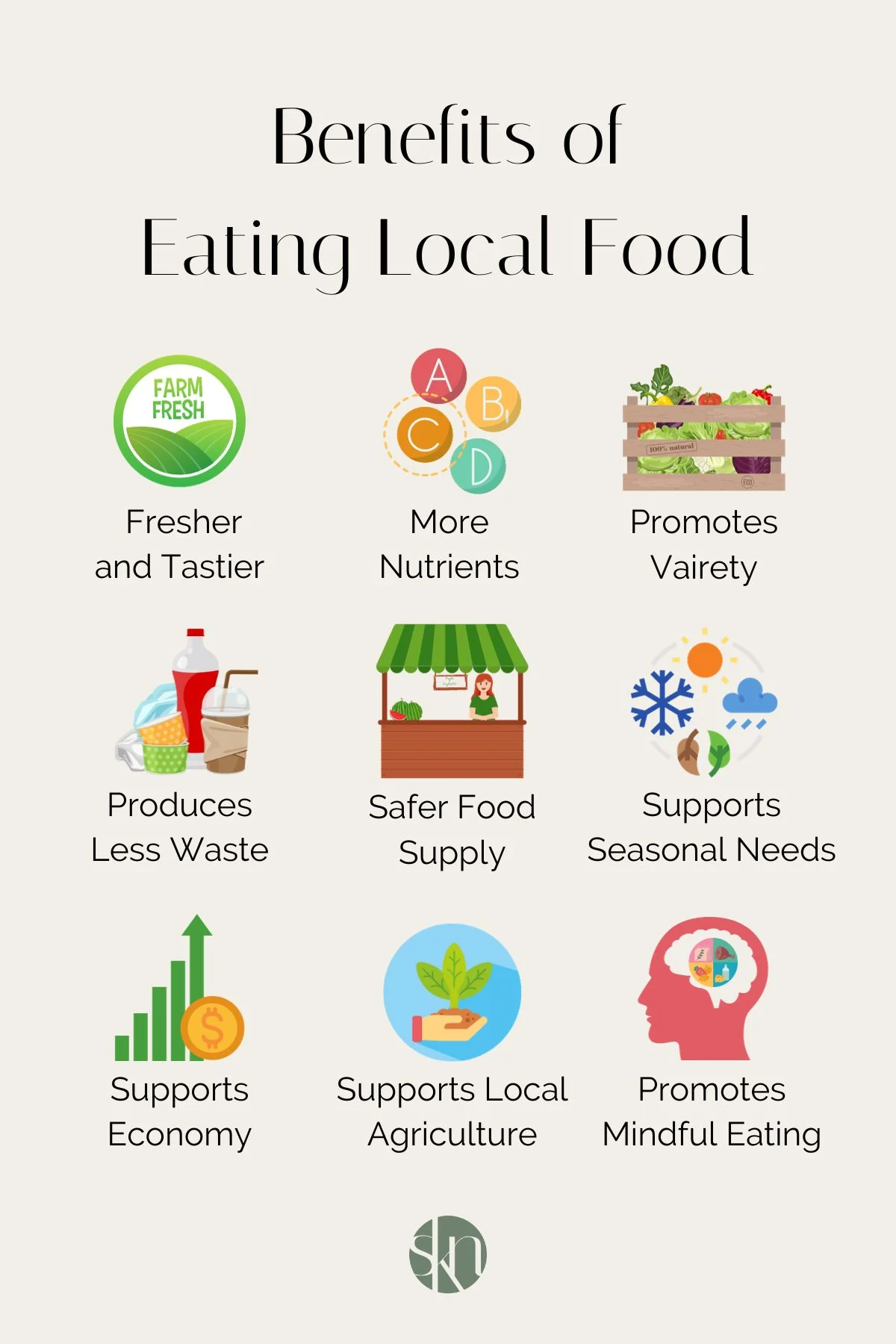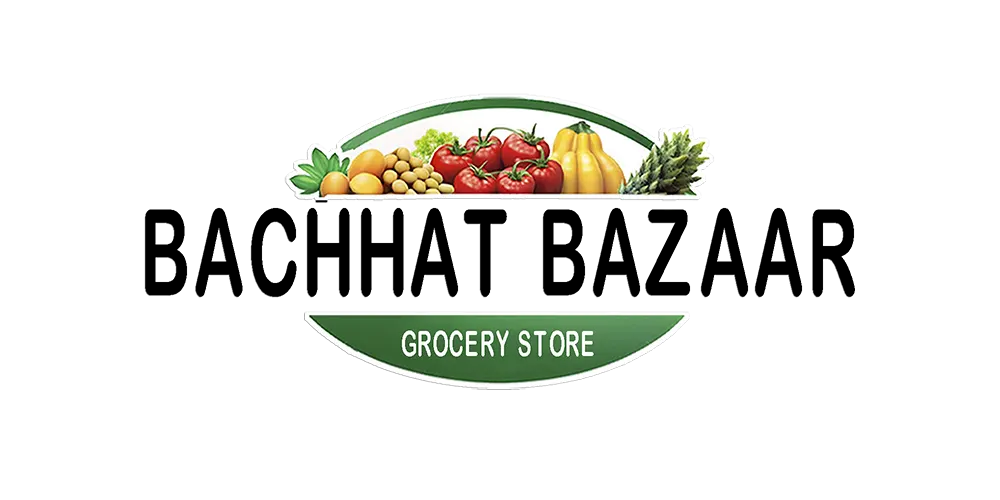
In today’s fast-paced world, where convenience often takes precedence over quality, sourcing groceries locally has become more vital than ever. From the environmental benefits to supporting the local economy, choosing locally grown food can make a significant impact on your community and lifestyle. By understanding the benefits of local food sourcing, you can make informed choices that support sustainability and contribute to a healthier way of living.
1. Supporting the Local Economy
One of the primary reasons to source groceries locally is the positive impact it has on your local economy. Every time you purchase food from local farmers and producers, you are directly contributing to the livelihood of those in your community. When local businesses thrive, they reinvest in the community, creating more jobs and fostering economic growth.
Local farmers, markets, and food producers often rely on community support to sustain their businesses. By buying locally, you’re not just purchasing food—you’re helping local businesses survive in an increasingly competitive market. As these businesses grow, they create jobs and opportunities for others, which further stimulates the economy.
Additionally, many small, local farms and producers practice sustainable farming methods, which can be more expensive to maintain. By supporting them, you help ensure that they continue producing high-quality, sustainable food that benefits both the environment and the community.
2. Fresher and Healthier Food
Another major advantage of sourcing groceries locally is the freshness and quality of the food. Most locally grown produce is harvested at its peak ripeness, meaning it is fresher than imported products that may spend days or weeks in transit. Fresh produce contains more nutrients, tastes better, and has a lower risk of contamination due to minimal handling and transportation.
When you buy food locally, you often get to know the farmers and producers behind the products. This gives you the opportunity to ask questions about how the food was grown or raised, ensuring that you’re getting high-quality, sustainably produced goods. Local farmers often use fewer pesticides and chemicals, and they may prioritize organic or regenerative farming practices.
Local food also supports better transparency. When you purchase directly from farmers or at local markets, you can learn more about the origins of your food, allowing you to make healthier choices for your family.
3. Environmental Benefits of Local Sourcing
The environmental impact of sourcing groceries locally cannot be overstated. One of the most significant advantages is the reduction in the carbon footprint. Imported foods often travel thousands of miles before reaching your plate. This transportation contributes to greenhouse gas emissions, which exacerbate climate change.
By purchasing food from local sources, you help cut down on these emissions. Local food doesn’t need to travel as far, which means less fuel is consumed in its transportation. Additionally, small-scale local farms tend to use more sustainable farming methods that focus on preserving soil health, conserving water, and reducing pesticide use, all of which benefit the environment.
Moreover, local sourcing can reduce the amount of packaging waste. Imported products often require heavy packaging to survive long journeys, while local foods, especially those sold at farmers’ markets, tend to use less packaging, further reducing waste and environmental impact.
4. Building Stronger Communities
Sourcing groceries locally not only supports individual businesses but also strengthens the fabric of the community. Farmers’ markets and local food co-ops are excellent gathering places where people can meet, share ideas, and build relationships. These connections foster a sense of belonging and community spirit, which can lead to more collaborative and engaged neighborhoods.
Buying locally also fosters a culture of trust. When you know where your food comes from and who grows it, you build trust with the producers and other members of your community. This trust extends beyond food purchases, creating a sense of collective responsibility for the well-being of the community.
5. Reducing Food Waste
Local food sourcing can also help reduce food waste. Since local foods don’t travel as far or sit in storage for long periods, they have a longer shelf life compared to products that have been transported over long distances. This means you’re less likely to throw away spoiled food, reducing overall food waste.
Local farms and markets also have more flexibility in terms of selling imperfect or surplus produce that might otherwise go to waste in larger supermarkets. These “ugly” fruits and vegetables are often just as nutritious and delicious as their more aesthetically pleasing counterparts but might be discarded by larger retailers. By buying from local farmers, you can help reduce this waste while still enjoying fresh, nutritious food.
6. Preserving Agricultural Land
When you support local farmers, you also help preserve agricultural land and prevent it from being repurposed for commercial or industrial use. As urbanization increases, many small farms are at risk of being replaced by housing developments or factories, which can lead to the loss of valuable farmland.
By purchasing from local farms, you contribute to their financial stability, making it less likely that they’ll be forced to sell their land. This helps preserve local landscapes and ensures that fertile farmland remains dedicated to growing food, rather than being converted for other uses.
7. Encouraging Seasonal Eating
Local food sourcing naturally encourages you to eat seasonally. When you purchase food directly from local farms or markets, you’re more likely to choose products that are in season. Seasonal eating is not only healthier but also more sustainable, as it reduces the need for long-distance transportation of out-of-season produce.
Seasonal produce tends to be more flavorful and nutrient-dense because it’s harvested at the peak of its growing season. Additionally, eating seasonally allows you to diversify your diet throughout the year, as you’re more likely to experiment with different fruits and vegetables that are available at different times.
8. Promoting Food Security
Supporting local food systems can enhance food security in your community. By relying on local food sources, communities become less dependent on global supply chains, which can be disrupted by natural disasters, pandemics, or economic instability.
Local food systems are more resilient because they are often more adaptable to local conditions and crises. By investing in local farmers and producers, you help create a more stable and reliable food supply that can better withstand global disruptions.
9. Strengthening Local Culture and Traditions
In many regions, local food production is tied to cultural traditions and heritage. By sourcing groceries locally, you help preserve these traditions, ensuring that unique crops, recipes, and farming practices are passed down through generations. Local food often reflects the diversity of a region, and supporting these producers helps keep cultural traditions alive.
Farmers’ markets, local food festivals, and community-supported agriculture programs are not only about food but also about celebrating local culture. They offer opportunities to learn about traditional foodways, connect with local history, and experience the flavors that make your community unique.
Conclusion
Sourcing groceries locally is more than just a trend—it’s a vital step toward creating a sustainable, healthy, and thriving community. By supporting local farmers, reducing environmental impact, and promoting food security, you play an active role in building a better future. Every dollar spent on local food is an investment in your community’s health, economy, and environment. So next time you’re grocery shopping, consider choosing local options. Your choices have the power to make a difference, one meal at a time.

